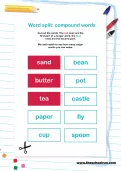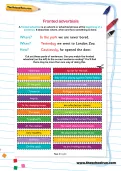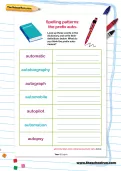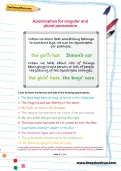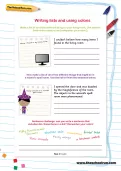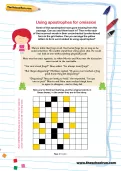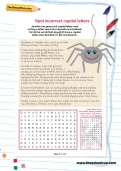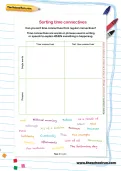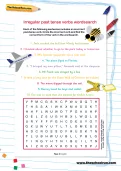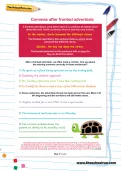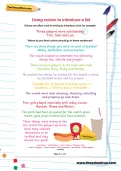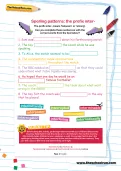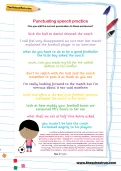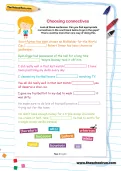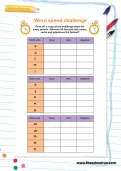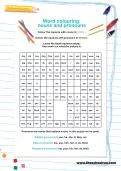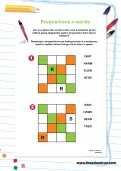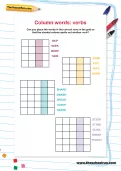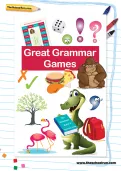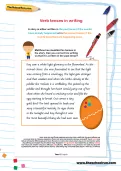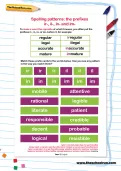Important update from TheSchoolRun
For the past 13 years, TheSchoolRun has been run by a small team of mums working from home, dedicated to providing quality educational resources to primary school parents. Unfortunately, rising supplier costs and falling revenue have made it impossible for us to continue operating, and we’ve had to make the difficult decision to close. The good news: We’ve arranged for another educational provider to take over many of our resources. These will be hosted on a new portal, where the content will be updated and expanded to support your child’s learning.
What this means for subscribers:
- Your subscription is still active, and for now, you can keep using the website as normal — just log in with your usual details to access all our articles and resources*.
- In a few months, all resources will move to the new portal. You’ll continue to have access there until your subscription ends. We’ll send you full details nearer the time.
- As a thank you for your support, we’ll also be sending you 16 primary school eBooks (worth £108.84) to download and keep.
A few changes to be aware of:
- The Learning Journey weekly email has ended, but your child’s plan will still be updated on your dashboard each Monday. Just log in to see the recommended worksheets.
- The 11+ weekly emails have now ended. We sent you all the remaining emails in the series at the end of March — please check your inbox (and spam folder) if you haven’t seen them. You can also follow the full programme here: 11+ Learning Journey.
If you have any questions, please contact us at [email protected]. Thank you for being part of our journey it’s been a privilege to support your family’s learning.
*If you need to reset your password, it will still work as usual. Please check your spam folder if the reset email doesn’t appear in your inbox.
Year 4 Grammar worksheets
Free worksheets: Grammar, KS2, Y4
You’ll need to login or Register first to access these worksheets for free.
Word split: compound words
Fronted adverbials: examples and meaning
Spelling patterns: the prefix auto-
Apostrophes for singular and plural possession
Writing lists and using colons
Using apostrophes for omission
Spot incorrect capital letters
Sorting time connectives
Irregular past tense verbs wordsearch
Commas after fronted adverbials
Using colons to introduce a list
Spelling patterns: the prefix inter-
Fronted adverbials: examples and meaning
Choosing connectives
Word split: compound words
Word speed challenge
Word colouring: nouns and pronouns
Prepositions x-words
Column words: verbs
Great Grammar Games
Verb tenses in writing
his story. Can you correct his writing so that it is written in the past tense?
